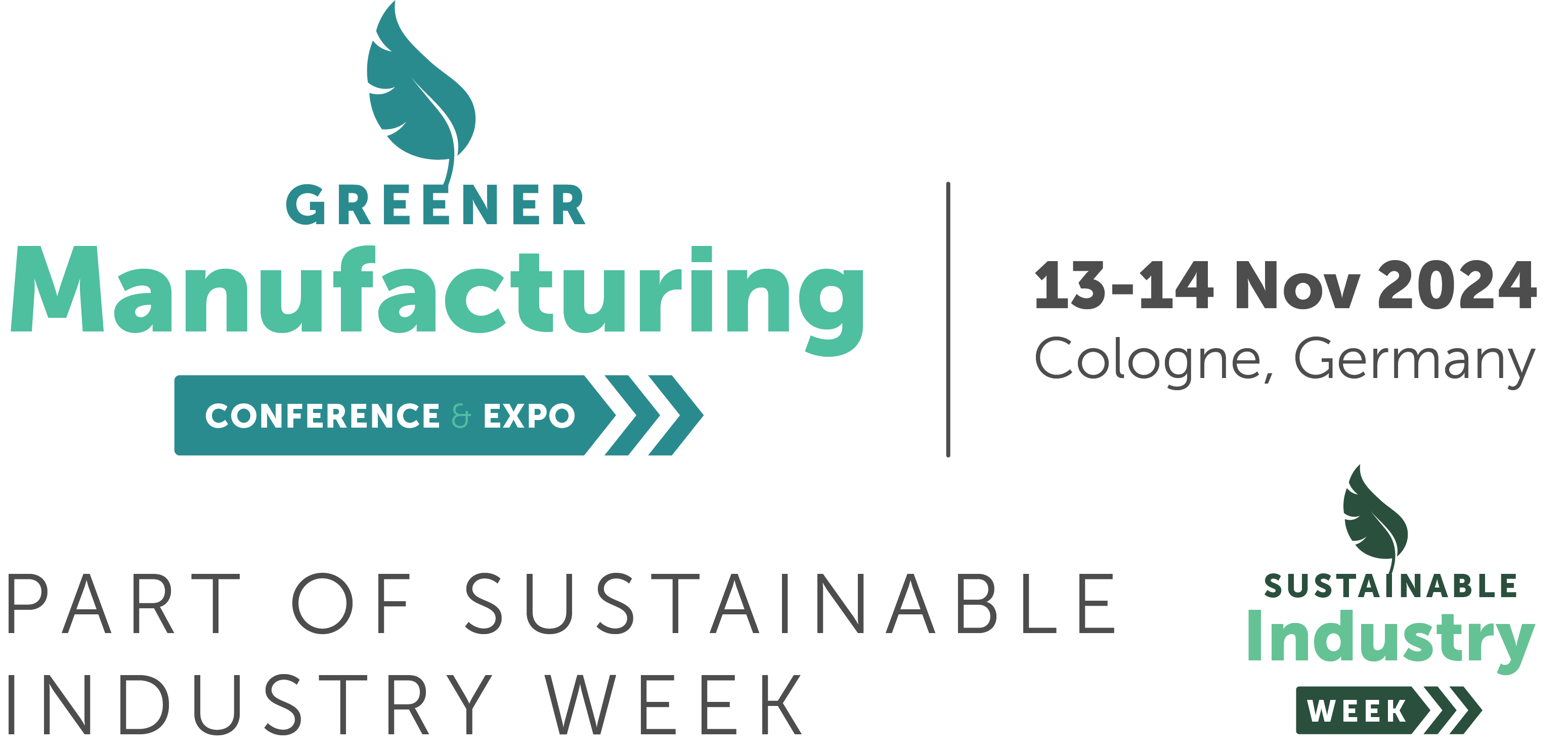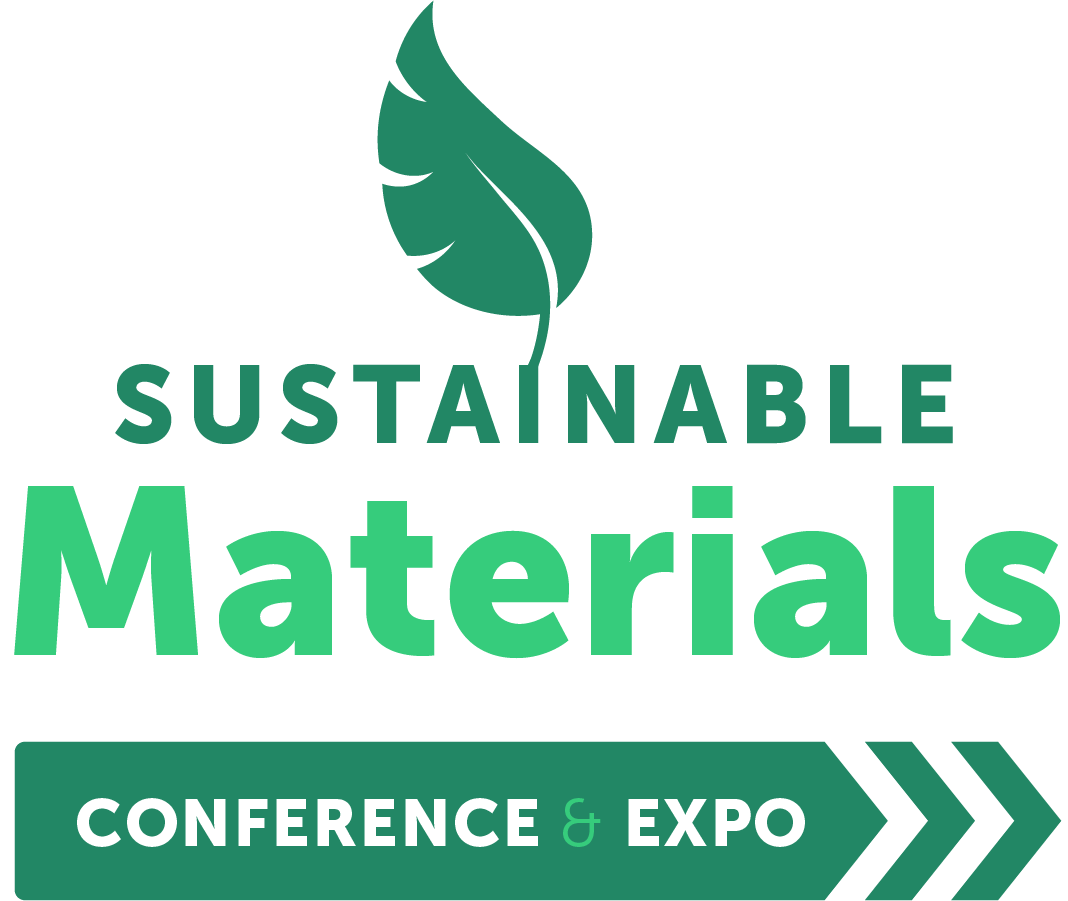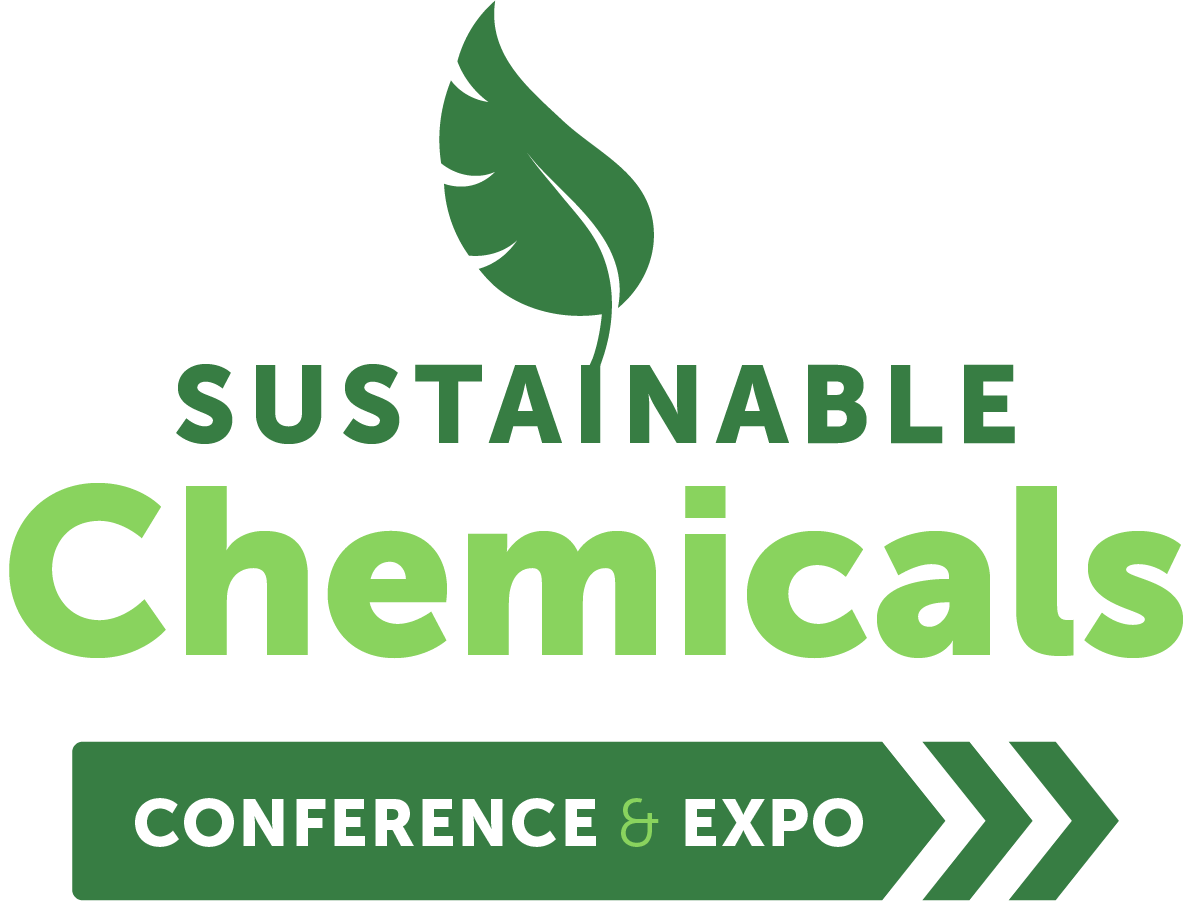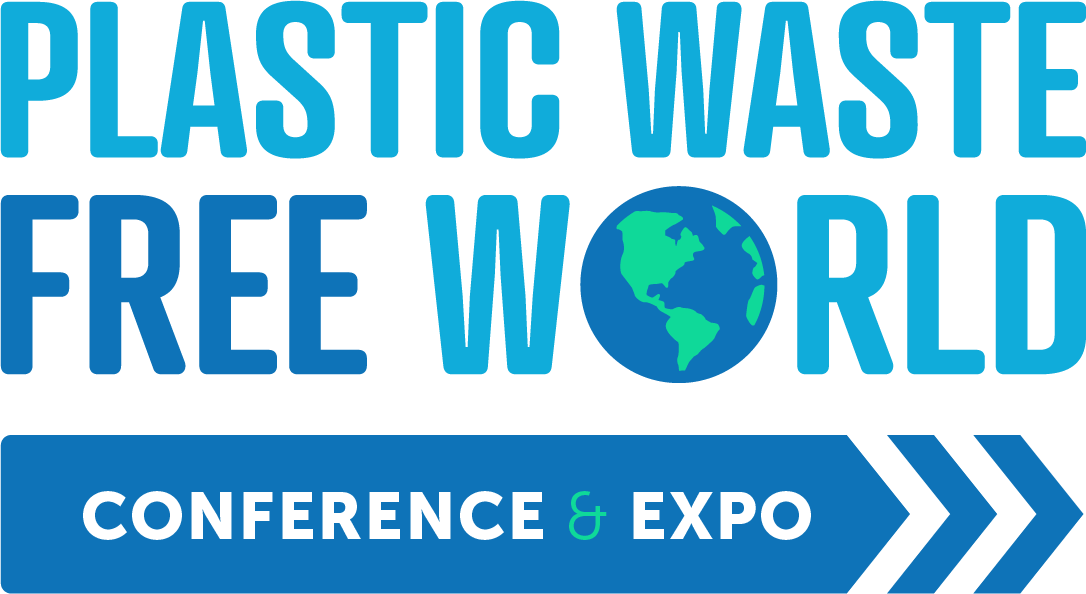IKEA to Use Bio-Based Glue to Reduce Its Carbon Footprint
)
IKEA has announced its initiative to switch to bio-based glue to reduce its fossil-based glue usage by 40%, and its climate footprint from glue by 30%. This will be done through a step-by-step process and IKEA aims to have the majority of board-producing factories in its supply chain using glues with lower climate footprints by fiscal by FY30.
IKEA Industry's first factory in Kazlu Ruda, Lithuania, has already adopted the use of a glue system made of technical starch from corn in its large-scale production. This achievement has come after 10 years of exploring alternative solutions to fossil-based glues, with additional trials being conducted in parallel.
“This is a big and important movement for IKEA, which we have been working to enable for more than 10 years. This confirms the need for more glues with much lower climate footprints and that small changes can have big impacts. We hope this will inspire others to follow”, said Venla Hemmilä, Material and Technology Engineer at IKEA of Sweden.
Reducing the climate footprint from particle board production, as well as working towards 100% renewable energy consumption, are two of the main goals in IKEA's aim to exclusively use renewable and recyclable materials by FY30. To assist this transition to bio-based glue use, IKEA has launched an accelerator programme to trial glue solutions with external partners.
”As glue in board materials stands for 5% of the climate footprint of the IKEA value chain, this makes a big impact and a key step towards contributing to limiting global warming to 1.5°C. Together with increasing recycled wood use and striving towards 100% renewable energy in production, this is a milestone in our journey of making our wood-based products more sustainable”, said Andreas Rangel Ahrens, Head of Climate at Inter IKEA Group.
The technical starch used is created from industrially grown plants which are not connected to the food value chain.





